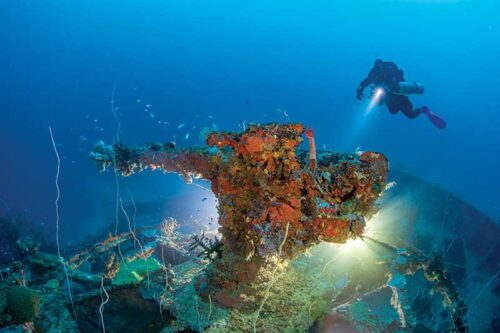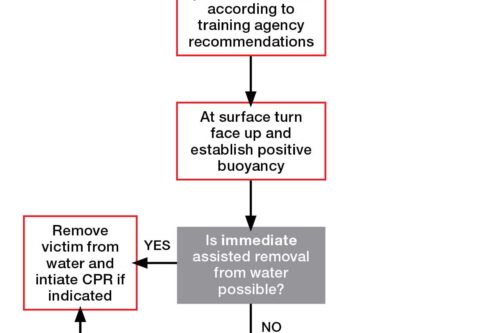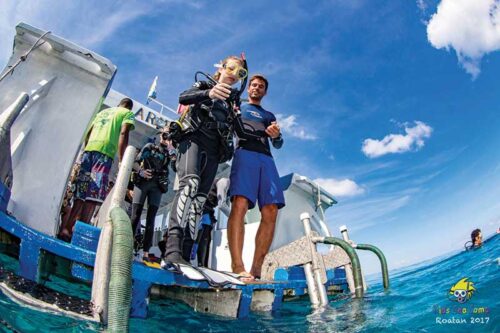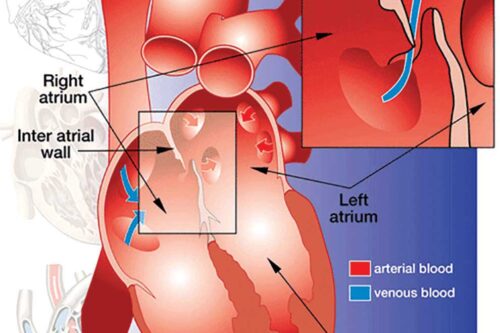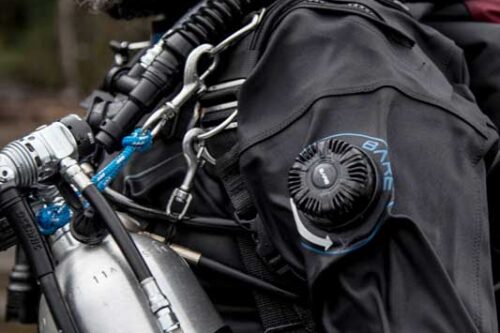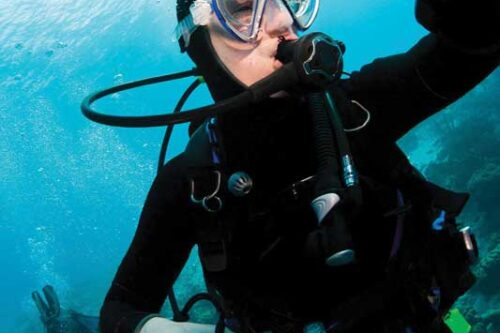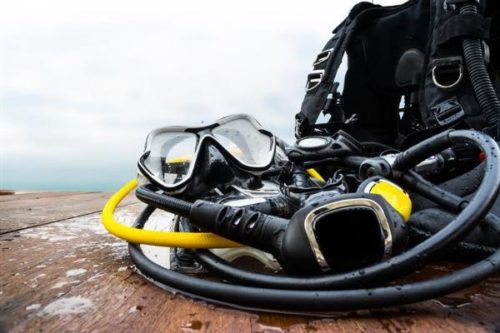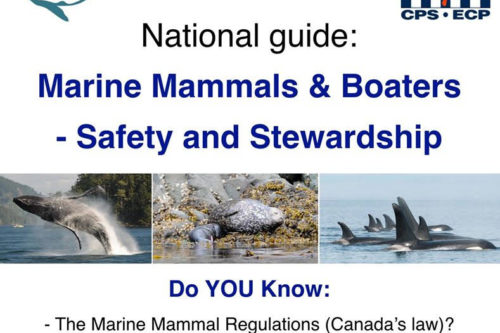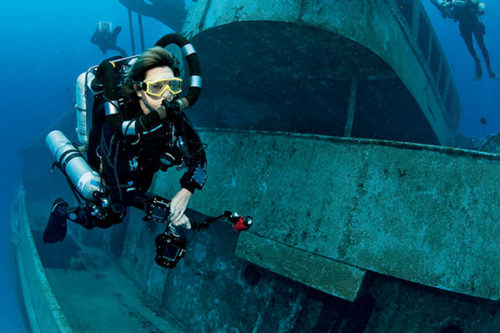Tag: safety
Decompression Illness and Denial – Part 2
- DIVER Editorial
- 29th September 2021
Demystifying Dive Computers Words and Photography by Jill Heinerth In my previous article I looked into incident reports that fell outside of the data gathered by organizations such as DAN. In this article, I’m going to dive into the physiology of decompression, gradient factors, and conservatism strategies. When you …
Read MoreDiver Rescues
- DIVER Editorial
- 16th September 2021
By Divers Alert Network Whether you’re a dive professional or a newly certified diver, diver rescues are something you should be familiar with. Rendering aid to a panicking diver is admirable but can put you at risk. Knowing when and how to help is critical—it’s better to avoid helping …
Read MoreBe Prepared for your Next Liveaboard
- DIVER Editorial
- 14th September 2021
By Margo Peyton Researching your next liveaboard dive trip? Be prepared to ask some tough questions. The tragic accidents that shook the liveaboard industry in 2019 served to remind us that there is no single set of standards that must be followed by all liveaboards around the world. Make no assumptions …
Read MoreUnderstanding PFO
- DIVER Editorial
- 29th July 2021
By Divers Alert Network With its unusual name, its connection to cardiovascular health, and its link to DCS risk, it’s easy to see why patent foramen ovale (PFO) is of particular interest to divers. The good news is that, while the condition is common, it’s typically low-risk—but it can …
Read MoreHow about the Rule of Scrooge & Buddha?
- DIVER Editorial
- 20th July 2021
By Steve Lewis I can’t recall which Charles Dickens character I am misquoting—I believe it is Ebenezer Scrooge from the novella A Christmas Carol — but the gist is this: “Income one pound; expenses 19 shillings and 11 pence; outcome bliss. Income one pound; expenses one pound and one penny; outcome misery.” Which …
Read MoreTiny Bubbles, Big Trouble
- DIVER Editorial
- 18th June 2021
By Divers Alert Network Decompression sickness (DCS) is a tricky condition. On one hand, we know a lot about who gets it and when—and even how to prevent it, but we do not have a definitive understanding of the mechanisms of bubble formation or injury. Decades worth of research …
Read MoreDAN’s quick guide to properly disinfecting dive gear
- DIVER Editorial
- 31st March 2020
In light of the recent outbreak of the novel coronavirus (COVID-19), questions have arisen in the dive community about disease transmission when using rental equipment, especially regulators. With the threat of coronavirus on everyone’s minds, divers want to know what precautions are being taken against the spread of disease. …
Read MoreCanada: Free Marine Mammal Guide
- DIVER Editorial
- 13th March 2020
Canadian divers spend a lot of time on boats, whether they are in command of the vessel, crewing, or just a passenger, having a more accurate knowledge of marine mammal safety and stewardship is highly recommended. A collaboration between the Canadian Power Squadron and local whale researchers and educators …
Read MoreOxygen Toxicity
- DIVER Editorial
- 23rd October 2019
By Divers Alert Network Oxygen toxicity is a serious condition, and many divers struggle to understand it. We know that monitoring oxygen exposure is important to our safety, but we may not know what happens if we exceed safe exposure limits or why those limits even exist. Following training …
Read More
